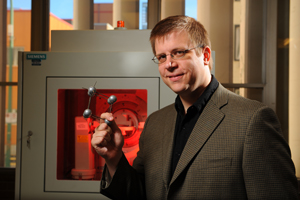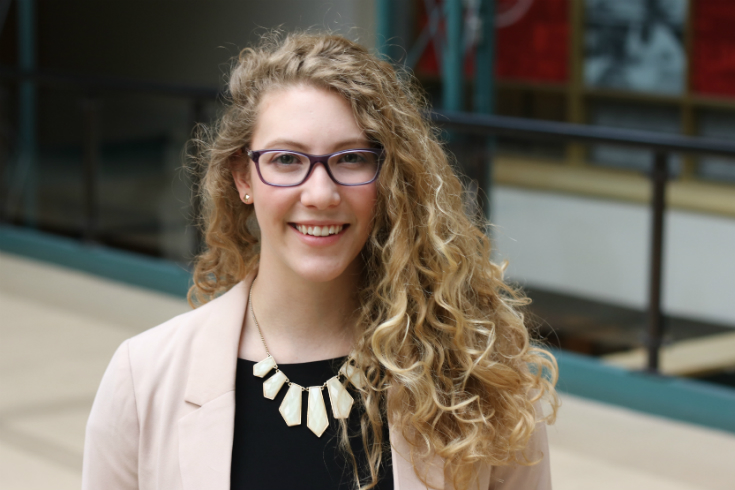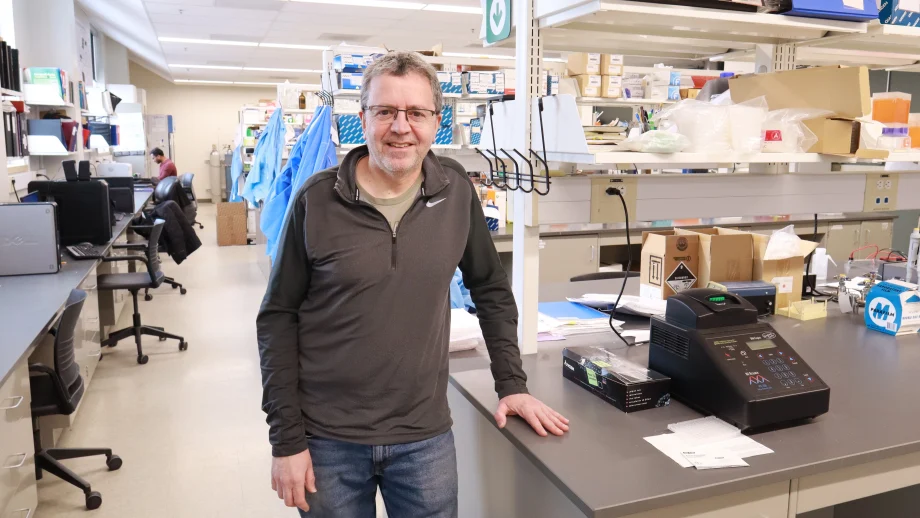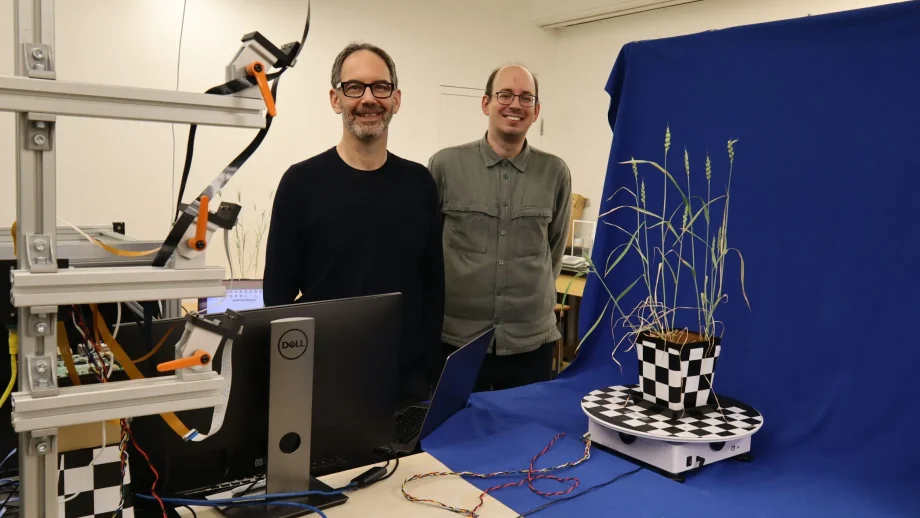University of Winnipeg student Kelsey Duncan heads to Grenoble, France for a great research opportunity that includes working in a “clean room” at the Grenoble Institute of Technology/Institut Polytechnique de Grenoble. A clean room is a controlled environment that has a low level of pollutants such as dust, airborne microbes, aerosol particles, and chemical vapors used in scientific research.
Duncan will be attending the prestigious French school as part of a five-week competitive micro and nanotechnology summer school program. This amazing experience is a great asset for Duncan who is completing a Bachelor of Science 4-year Honours degree in chemistry.
Duncan has a particular interest in nanotechnology, which is a broad area of study that involves manipulation of compounds at an atomic or molecular level. Duncan will have access to a clean room lab where she will be working with very sensitive instruments, on high purity samples, and manipulating molecules.
“The ability to manipulate molecules to develop materials for a specific use can and does open up worlds of opportunity in fields of electronics, energy and medicine, just to name a few,” explained Duncan.
Duncan will be making solar cells and testing their efficiency at the Minatec Laboratory, a premiere research and development facility. There she will be taught by engineers, physicists, lab technicians, biologists, and chemists. This will also provide Duncan with a new network of international student researchers that will serve her well as she continues her research in this field.
“This is a unique opportunity to explore a broad area of study through many different lenses, and appreciate the truly inter-disciplinary nature of the field. Your next faster, thinner, lighter smartphone is in part a product of this type of research,” she said. “As such, I am eager to learn as much as I can in this program and to bring this knowledge back home with me. Not only will the program be beneficial to my own future in academia, but I also hope to bring this information back to The University of Winnipeg and make use of the new skills.”

Dr. Chris Wiebe, © Dan Harper
In addition to nanotechnology, Duncan has a love for materials science, which further developed her interest in physics and chemistry in general while doing research with Dr. Christopher Wiebe (chemistry) and Dr. Jamie Rich (chemistry).
“The University of Winnipeg is a great place to get involved as there is so much support available,” Duncan said. “I would never have known about this program if my supervisor, Dr. Wiebe, hadn’t encouraged me to apply. The smaller environment at our University offers undergrads access to opportunities that are often reserved only for graduate students at other institutions. I strongly encourage all students with a genuine interest in research to talk to your professors about how to get involved.”
Last year her colleague and physical chemistry student Megan Rutherford scattered neutrons in France at the Université Grenoble Alpes, and the Institut Laue Langevin (ILL) — both located in the city of Grenoble, France.





